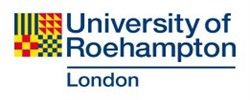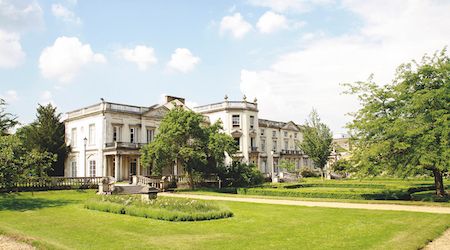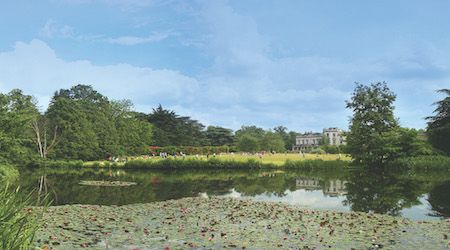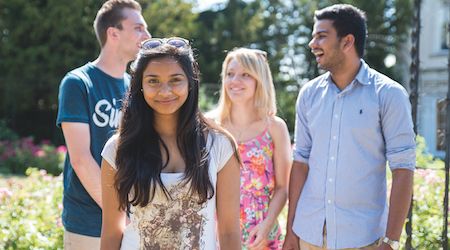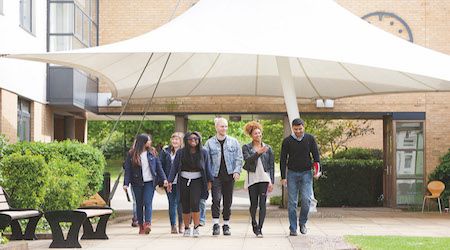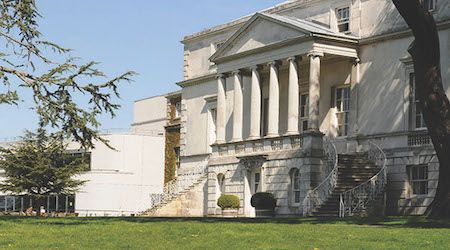Childhood and society Year 1: The 1st year provides the student with a basic introduction to some of the main contributions to childhood and society; courses may include: children in contemporary British society; childhood and literature; introduction to child development; history of childhood; social science research methods Year 2: the 2nd year builds on the multidisciplinary approach established in the foundation year; by taking advantage of the flexibility of the modular system, the student is able to focus their studies according to their own interests; some students may want to use the programme as a preparation for further professional training, whereas others may wish to pursue a more academic line of inquiry. Yea 3: in the 3rd year there are a wide variety of optional modules available allowing the student to pursue particular perspectives including: psychoanalysis, social policy and sociology. Social anthropology Year 1: The student is introduced to the main areas of anthropology in a common course for all anthropology students; the student takes special courses introducing them to the classical field studies of social anthropology (ethnography) and the ideas to which they have given rise (anthropology); the student studies 1 book in detail by a famous anthropologist (such as Mary Douglas or Clifford Geertz) in a course called reading social anthropology; over the course of the year the student also studies the way in which social institutions such as the family, the political system, the economy, education, religion and law-enforcement interrelate. Years 2 and 3: there are a number of core courses the student can study which may include: kinship; research methods, which all anthropology students take; theory and politics; anthropology and human rights; ethnicity; in the 3rd year the student learns about social anthropology and is encouraged to embark on individual small-scale enthnographic projects which are supervised by the anthropologists in the school; some of the specialist teaching in the school includes courses on human-animal interactions, the anthropology of tourism and the ethnography of south Asia; these are just a few of the many Honours level modules on offer in the school.
| Форма обучен. |
Начало |
Продолж. |
| Форма обучен.Дневное |
Начало сентябрь |
Продолж.Кол-во лет: 4 |
| Форма обучен.Вечернее |
Начало сентябрь |
Продолж.Кол-во лет: 4 - 7 |
| Форма обучен.Дневное |
Начало сентябрь |
Продолж.Кол-во лет: 3 |
This is a combined Honours course which allows the student to study 2 subjects; the childhood and society course asks questions about what is happening to children: how society treats children, how they are governed and the moral and political values attached to childhood; the student also considers what children themselves feel and think, and how they imagine themselves as well as the world around them; the course involves not only an analysis of specific institutions, including schools, hospitals, clinics etc, but also an appreciation of the fact that children are not a submissive population and have a right to fashion their own lives; social anthropologists study human societies in all their diversity and complexity, from the smallest hunter-gatherer groups to mass western social systems; the social anthropology course focuses in particular on social issues, such as variations in family structure, cultural traditions, religious, political and economic systems, as well as gender and sexuality; social anthropologists work in many different fields reflected in subjects as varied as urban life in cities, as diverse as Calcutta and east London, kingship and rituals in Rajasthan, India, fox hunting in Shropshire, and bullfighting in Spain.


